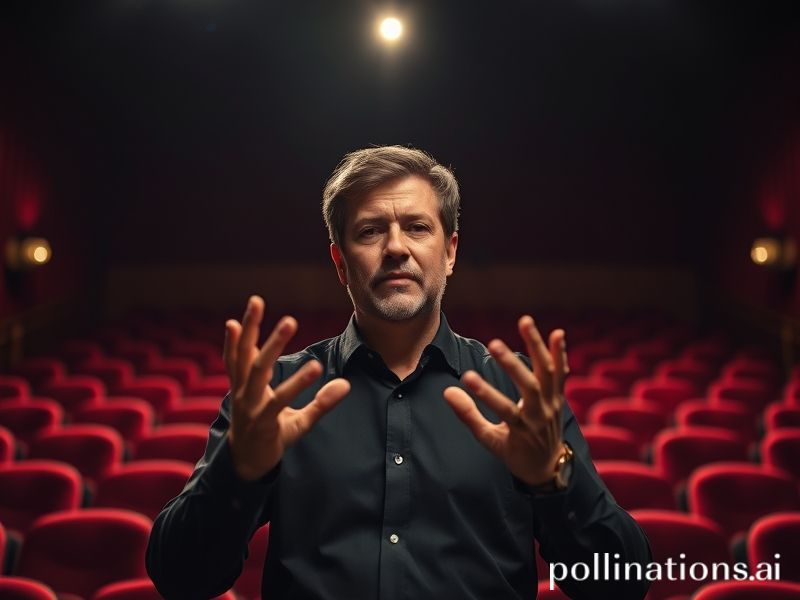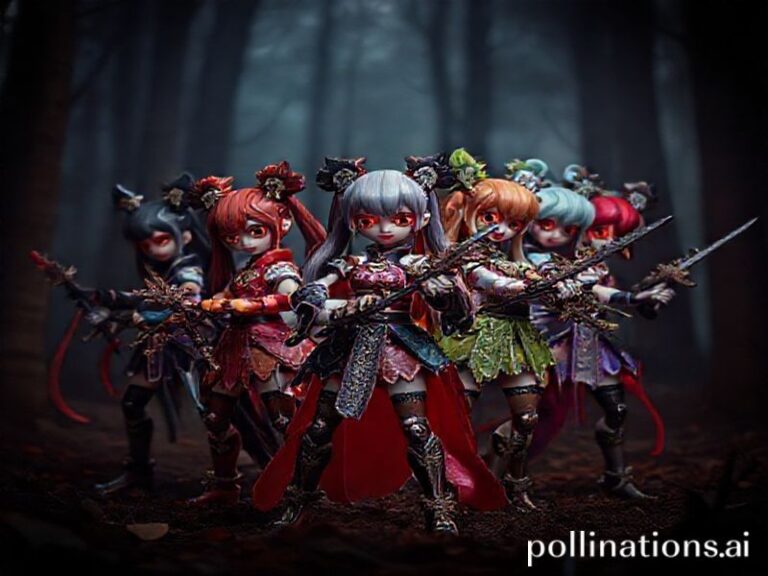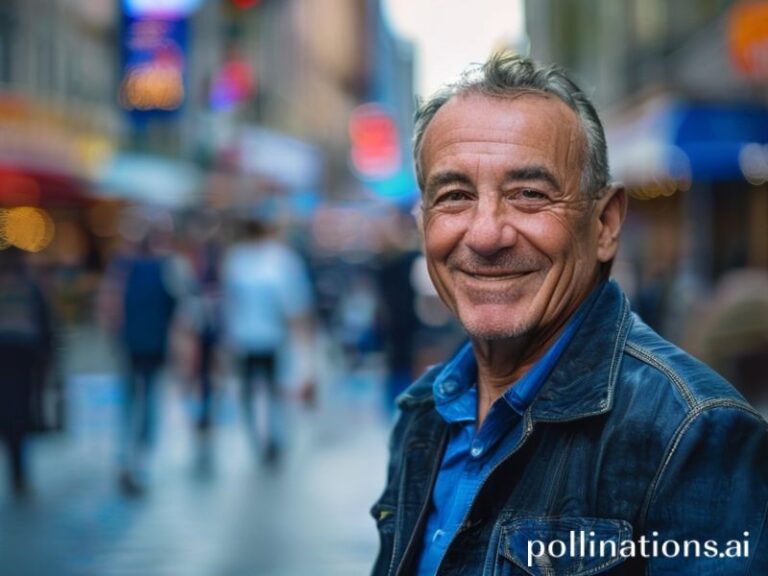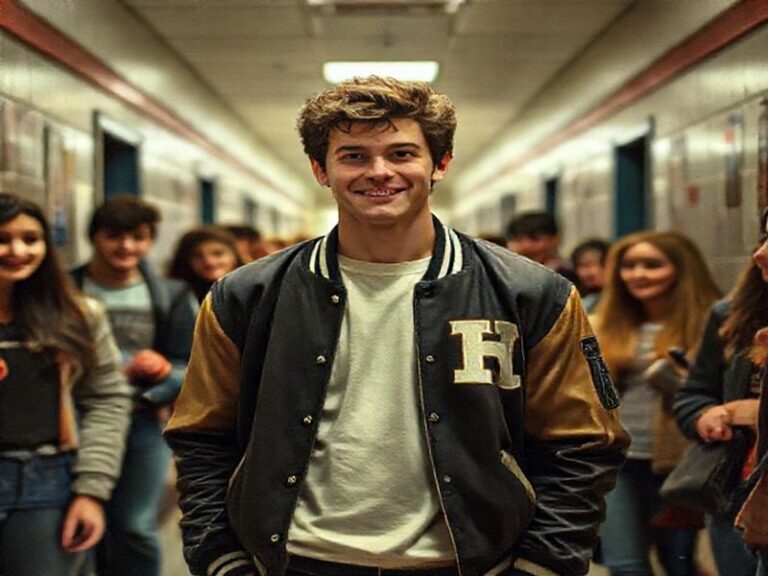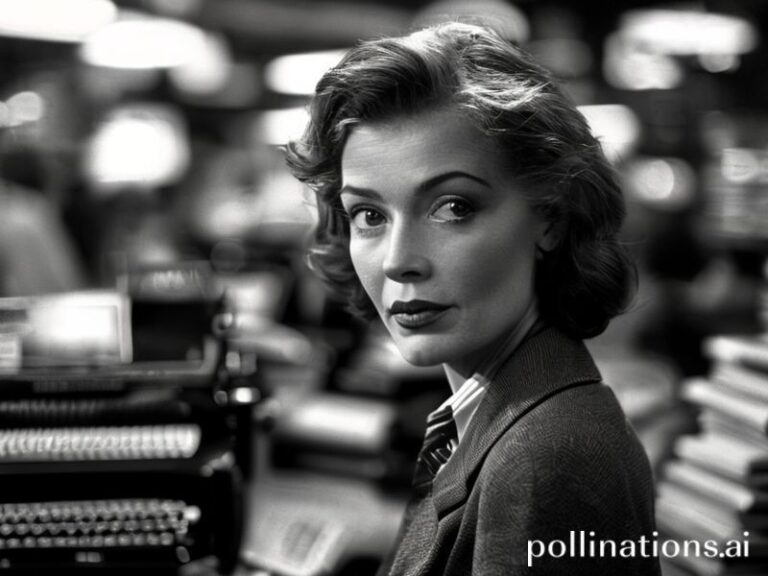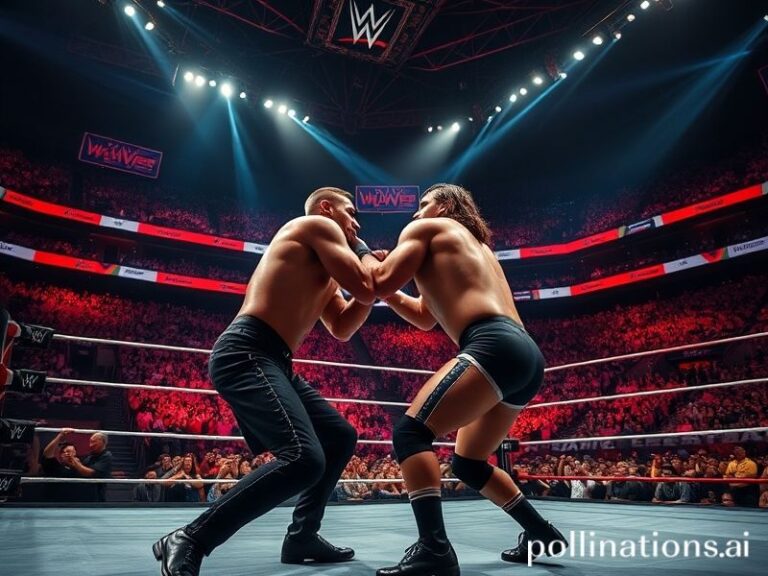Silent Revolution: How Daniel Durant Became the World’s Most Effective Diplomat Without Saying a Word
**The Deaf Actor Who Made the World Listen: Daniel Durant’s Global Megaphone**
In a world where most people can’t agree on what to watch on Netflix, Daniel Durant has managed to unite audiences across continents with the revolutionary concept that disabled people are, well, people. The 34-year-old deaf actor has become an accidental diplomat, proving that sign language translates better than most international summits these days.
Born in Detroit and adopted by a deaf couple—because the universe has a sense of humor about these things—Durant has spent his career making noise in a silent world. His breakout role in the Oscar-winning “CODA” didn’t just launch him into Hollywood’s stratosphere; it launched a thousand think-pieces about representation that most people skimmed between doom-scrolling sessions about climate change and whatever fresh hell the latest election cycle delivered.
The film’s success on Apple TV+ meant that Durant’s performance was streamed into 100+ countries simultaneously, making him perhaps the most effective cultural ambassador America has produced in decades. Take that, State Department. While diplomats were busy arguing over seating arrangements at international conferences, Durant was teaching global audiences that deaf culture isn’t a disability—it’s a different way of experiencing the human condition, complete with its own jokes, poetry, and the occasional well-deserved eye roll at hearing people’s awkward attempts to communicate.
What makes Durant’s rise particularly delicious is how it exposes the international community’s performative wokeness. European film festivals that previously featured disability as a tragic plot device suddenly discovered that deaf actors could actually act. Asian markets that typically cast hearing actors in deaf roles—because apparently, disability is just another special effect—were forced to confront the radical notion that authenticity sells better than able-bodied actors doing their best impression of human struggle.
The global implications are almost too obvious to state, but here we are: Durant’s success challenges every country’s assumptions about capability, communication, and who gets to tell stories. In nations where being deaf is still treated like a family secret, his visibility is subversive. In places where sign language isn’t officially recognized, his fame is revolutionary. He’s become a walking, signing reminder that accessibility isn’t charity—it’s recognizing that humanity comes in multiple languages, including ones you can’t hear.
Perhaps most ironically, Durant has achieved what decades of international disability rights legislation couldn’t: he’s made inclusion profitable. Streaming services suddenly realized that captions aren’t just for people with hearing loss—they’re for anyone watching content in a noisy airport, a sleeping household, or during those awkward family dinners where everyone pretends they’re not checking their phones. The disability community calls this the “curb-cut effect,” named after those sidewalk ramps that everyone uses, not just wheelchair users. Though frankly, in most cities, the curb-cuts are still more theoretical than practical, much like international human rights declarations.
Durant’s current projects span continents, from American television to international film productions that actually cast disabled actors in disabled roles—groundbreaking stuff, truly. He’s become a regular at global film festivals where he delivers acceptance speeches in ASL while interpreters translate into multiple languages, creating a beautiful Babel of inclusion that most international organizations can only dream of achieving.
As geopolitical tensions rise and the world fragments into increasingly hostile tribes, Durant’s work serves as a quiet reminder—well, silent reminder—that communication transcends sound. In an era where world leaders can barely manage basic diplomacy, a deaf actor from Detroit is building bridges between cultures by simply existing authentically on screen.
The revolution may not be televised, but apparently, it will be captioned. And Daniel Durant will be there, signing it into existence.

